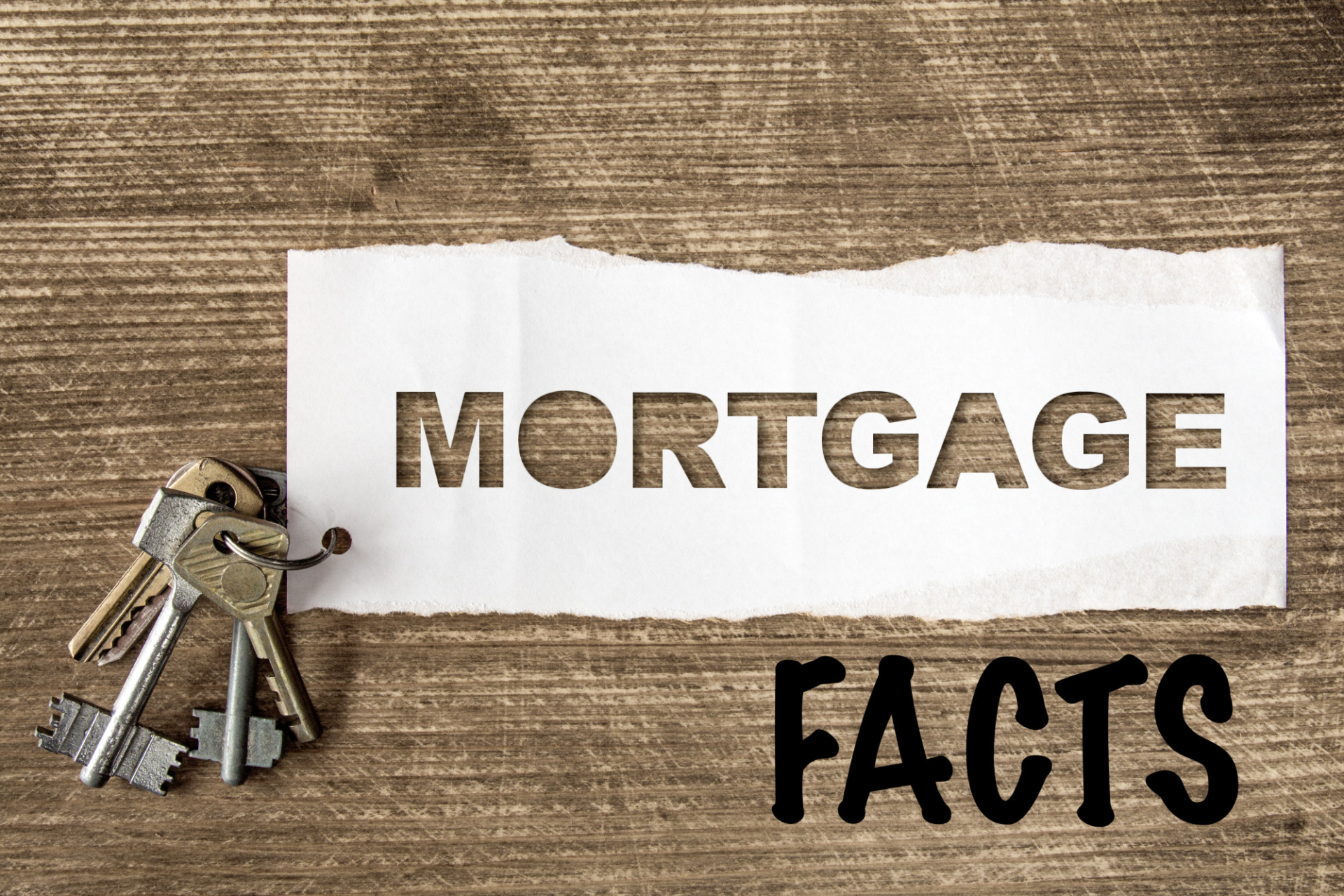Sometimes the American dream of owning a house can become a nightmare. Since it takes decades to pay off the standard mortgage, there is plenty of time for something to go wrong. Maybe you or your spouse are experiencing a layoff or an unexpected medical expense.
When it’s time to make your mortgage payment, there isn’t enough money to go around. Although a mortgage hardship is terrifying, it is not the end of the world. You have a variety of options to keep your home and sanity intact.
I can’t pay my mortgage, what are my options, you wonder. Well, wonder no longer. Stay on top of your mortgage with this helpful guide.
I Can’t Pay My Mortgage, What Are My Options?
Although the real estate market has improved since the last recession, 3% of traditional homeowners are delinquent in their mortgage payments. Failing to remedy the situation could lead to some devastating results.
If you miss too many payments, your mortgage lender could foreclose on your home. The foreclosure and missed payments will stay on your credit history for seven years, tanking your credit score.
But let’s not worry about the worst-case scenario. By reading this article, you have already taken the first proactive step in solving this mortgage dilemma.
The next step is to decide on a course of action.
1. Call Your Lender
Contacting your mortgage lender is less of an option than it is mandatory. It can be an intimidating proposition, but the reality is the mortgage lender would rather help you than deal with foreclosure. It’s best to contact them as soon as you know you will miss a payment, to establish good faith.
When you talk to your mortgage lender, you’ll want to explain your financial situation and why you are missing the payment. It may seem like you’re defending yourself against a loan shark, but that’s not the case.
Your mortgage lender has several ways to help with mortgage payments. You may be able to negotiate a repayment plan or take advantage of forbearance.
Keep in mind that your mortgage lender may outsource payment processing to a mortgage servicer. If that is the case, you’ll want to contact the mortgage servicer instead. You can ask your lender for the information or find it on your mortgage statement.
2. Find a Renter
Do you have extra space in your home? That is an opportunity to find a renter who can help pay a portion of the monthly mortgage. This option works best for those who live in a hot housing market, where renters are willing to pay big even for a small space.
Of course, renting a portion of your home is not an immediate fix. It takes time to find and vet a worthwhile renter. Plus, you will have to deal with the burden of taxes and insurance.
Rather than renting off part of the home, you could even rent out the entire place and have them pay for all the mortgage — and then some.
3. Sell the Home
If your financial troubles seem long-lasting, that is a good sign you can no longer afford the home even with assistance from your lender. It may be time to put the house on the market and downsize to something more affordable.
You have several options when it comes to selling your home with a mortgage. The traditional route takes a good deal of time, which you may not have. In general, it takes about three months from listing to close on a sale.
Since you still have a mortgage, selling the home is a bit more complicated. Refer to this guide for selling house with a mortgage.
You can also consider a short sale. A short sale does not mean that is a fast sale. What it means is you’re selling the home for less than the loan is worth.
Most lenders don’t approve of this option. But if you can convince them, you can save on both your credit score and total loan.
4. Talk to a Housing Counselor
The Department of Housing and Urban Development, also known as HUD, trains and certifies housing counselors. What is a housing counselor? It’s their job to help troubled homeowners navigate their financial woes and take advantage of helpful programs.
For example, they can help you parlay with your mortgage lender and come to an agreement. Plus, they are aware of government assistance programs that your lender may not be.
You should know that many people take the guise of a housing counselor to scam troubled homeowners. Always ensure your housing counselor is HUD-approved.
5. Declare Bankruptcy
Bankruptcy is an option, but it should be your final option. When you declare bankruptcy, it will stain your credit history and score for ten years. That can make it impossible to buy another home and can even affect your odds of finding employment.
You should only consider Chapter 13 bankruptcy if you have a bleak financial situation that extends beyond mortgage difficulty. Know that Chapter 13 bankruptcy requires you to pay off any lingering debts to the best of your ability.
If the court approves your repayment plan, you may be able to keep your home.
Financial Hardships Happen
But just because you skip a mortgage payment doesn’t mean you have to sleep on the streets. You asked, I can’t pay my mortgage, what are my options? Whether it’s negotiating with a lender or downsizing, plenty of financial solutions are available.
Now you just have to choose the one right for you.
Are you experiencing other real estate woes? Check out our real estate section for expert advice.



